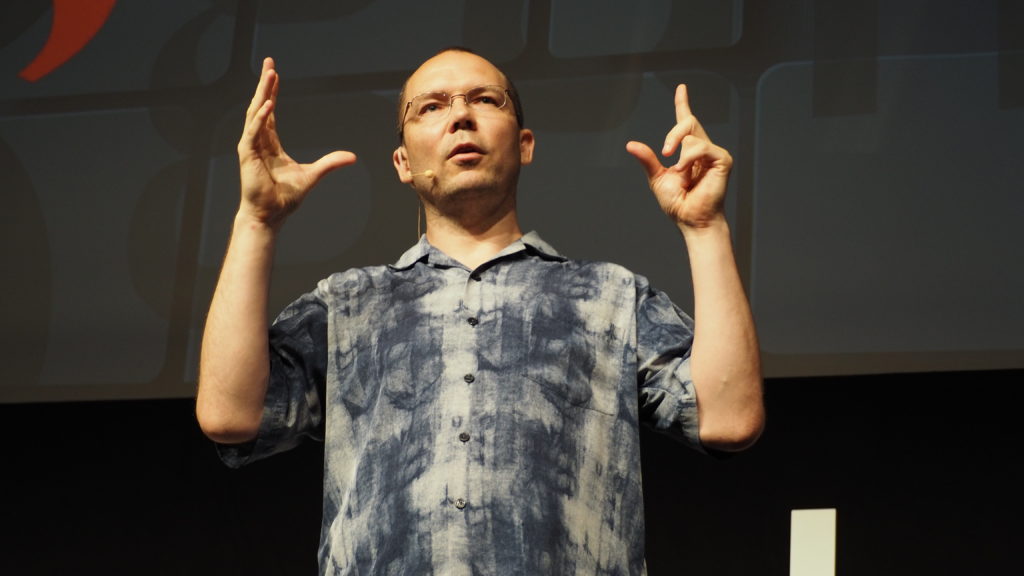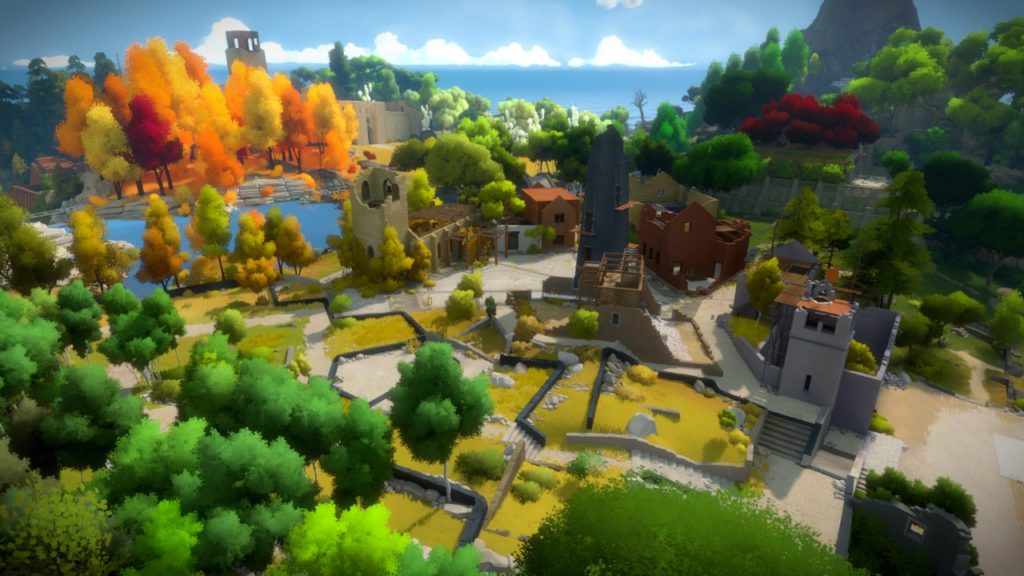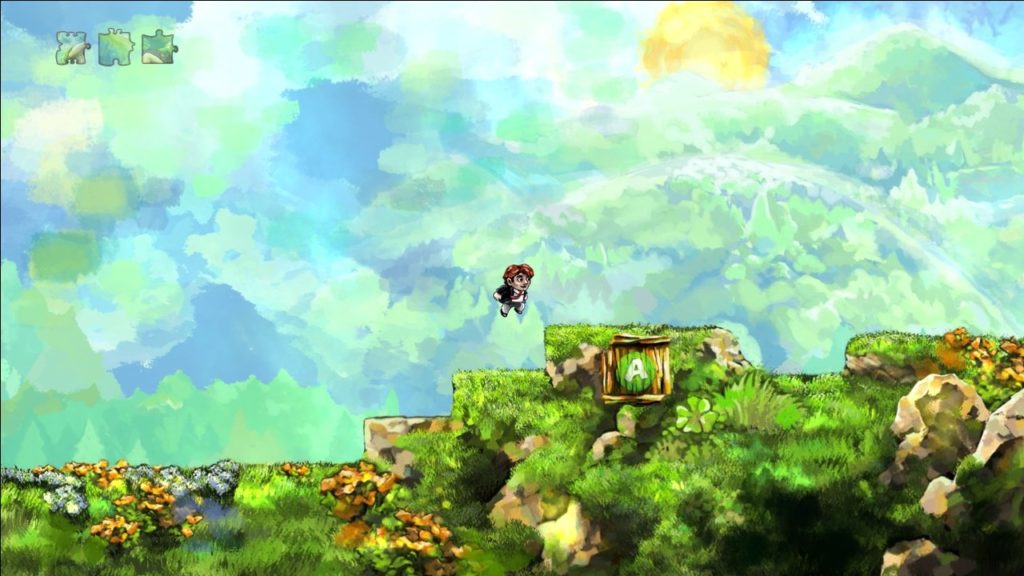Difficulties in creating games should not stop indie developers, – says the creator of Braid and The Witness, Jonathan Blow.
App2Top.ru gives an extract from the interview Gamesindustry.biz .

Jonathan BlowBlow has repeatedly discussed with other indie developers their desire to experiment.
- Some admitted: “Sometimes it seems like it’s very difficult to make a game that had no analogues before.” Blow is sure that professional growth in game design and creating a successful game is easier than it seems. “Studying games in practice — that is, playing — you initially discover only what they demonstrate. In the future, this skill can be developed, gradually move away from already studied projects, move on to something new,” he says.
- But some developers don’t care about such things, Blow admits. For them, the status of an indie developer is more important than direct work on the game. “Making a game is difficult, making a good game is even more difficult. I’ve often seen that many people just wanted to move in developer circles. But the point is not to become your own in game development, but to make a good game. If you can combine it — great. There is nothing wrong with this and there will be nothing wrong until you say, “It’s enough for me to be here, and you can not work.”

The WitnessSpeaking about the support from the community, Blow notes: there was actually no such phenomenon in the nineties when he started making games.
- At the same time, he and many developers of that time succeeded with their games. Nevertheless, for modern indie developers, the help of the community can be invaluable, especially in the absence of an investor.
- They also talked about the benefits of business incubators for young developers. Here Blow recalls a gaming startup of the 90s – Bolt—Action Software, which he founded together with Bernt Habermeier. The company went bankrupt four years later. According to Blow, this happened because none of the co-founders knew how to do business. “Today I see the benefits of supporting developers by such companies — especially supporting their business,” he said.

BraidAnother difficult stage in Blow’s career was the creation of Braid.
- Her prototype won the 2006 Game Design Award. Subsequently, the game became one of the best-selling games on Xbox Live Arcade. But the process of its creation was very difficult. Blow recalls how many colleagues considered the game the work of an amateur and refused to work on it. The developer had to write the lion’s share of the code himself. He compares the release of this game with overcoming a certain barrier, behind which lies a huge success.
- Blow recommends indie developers to ask the question: “How do you feel about the people for whom you are making a game?” This is what determines how far a developer is willing to go for profit.
- Blow cited microtransactions and other addictive mechanics as an example. He does not consider microtransactions absolutely unethical. But he admits that with the help of “little tricks” studios can force a player to spend more than necessary — and this is already unethical. “I’m trying to convey my point of view to other developers. And I see that even those who have chosen dishonest mechanics are trying to justify themselves to themselves,” Blow is sure.
Also on the topic:
